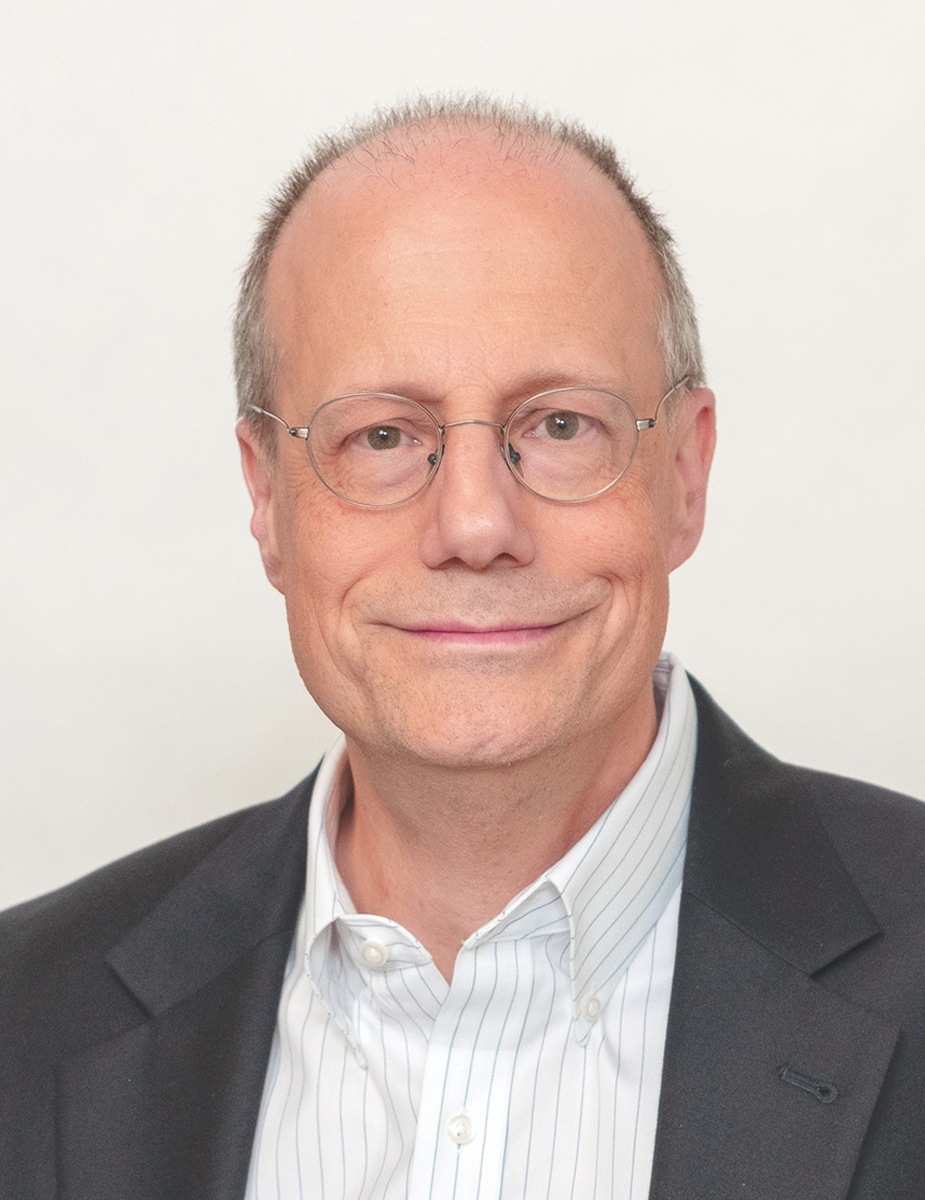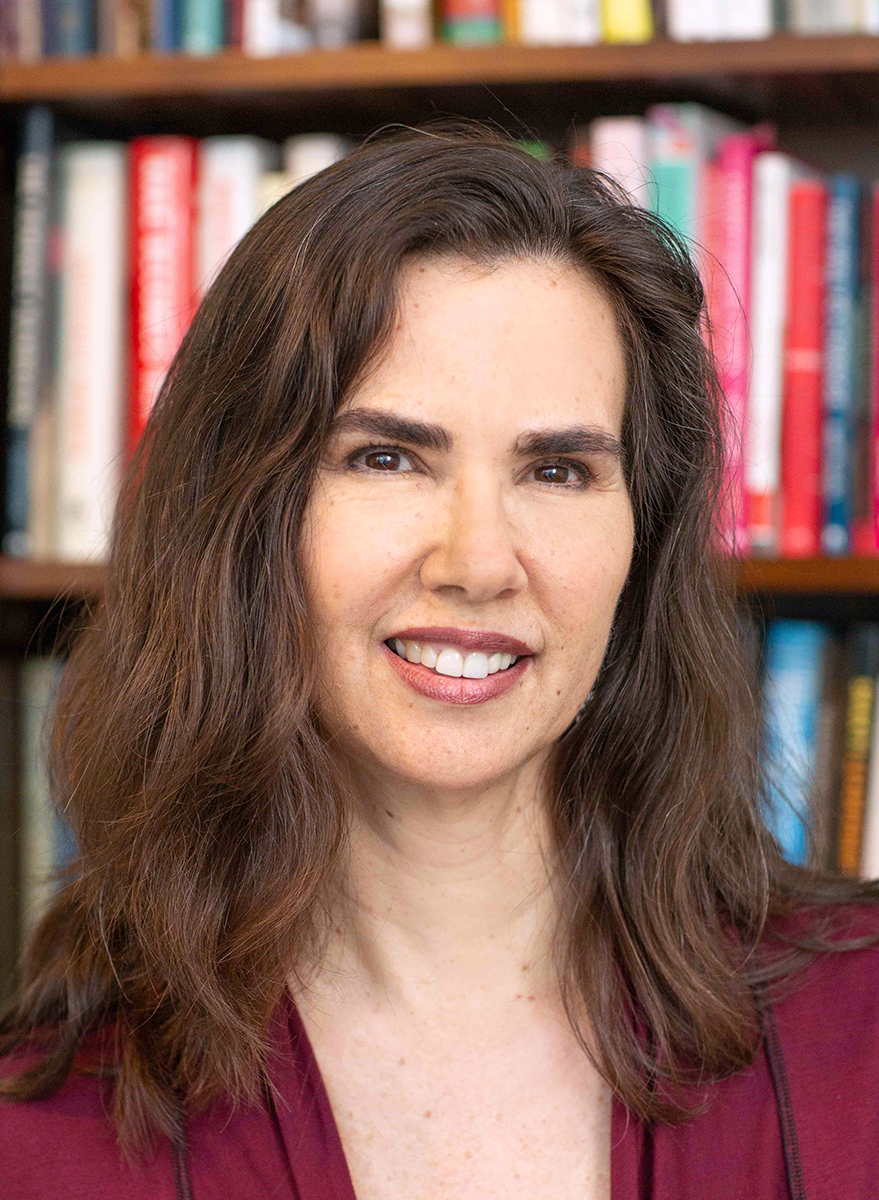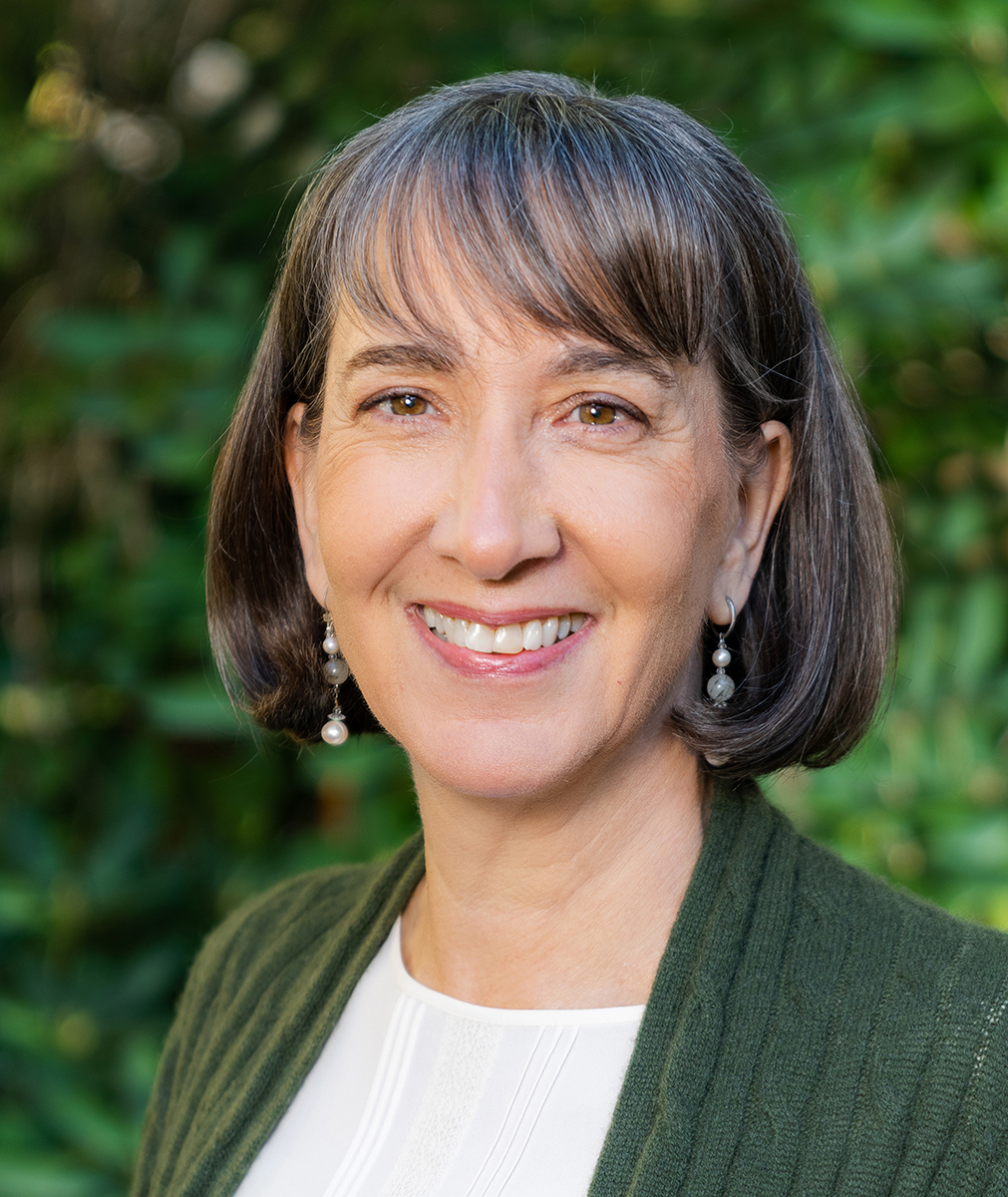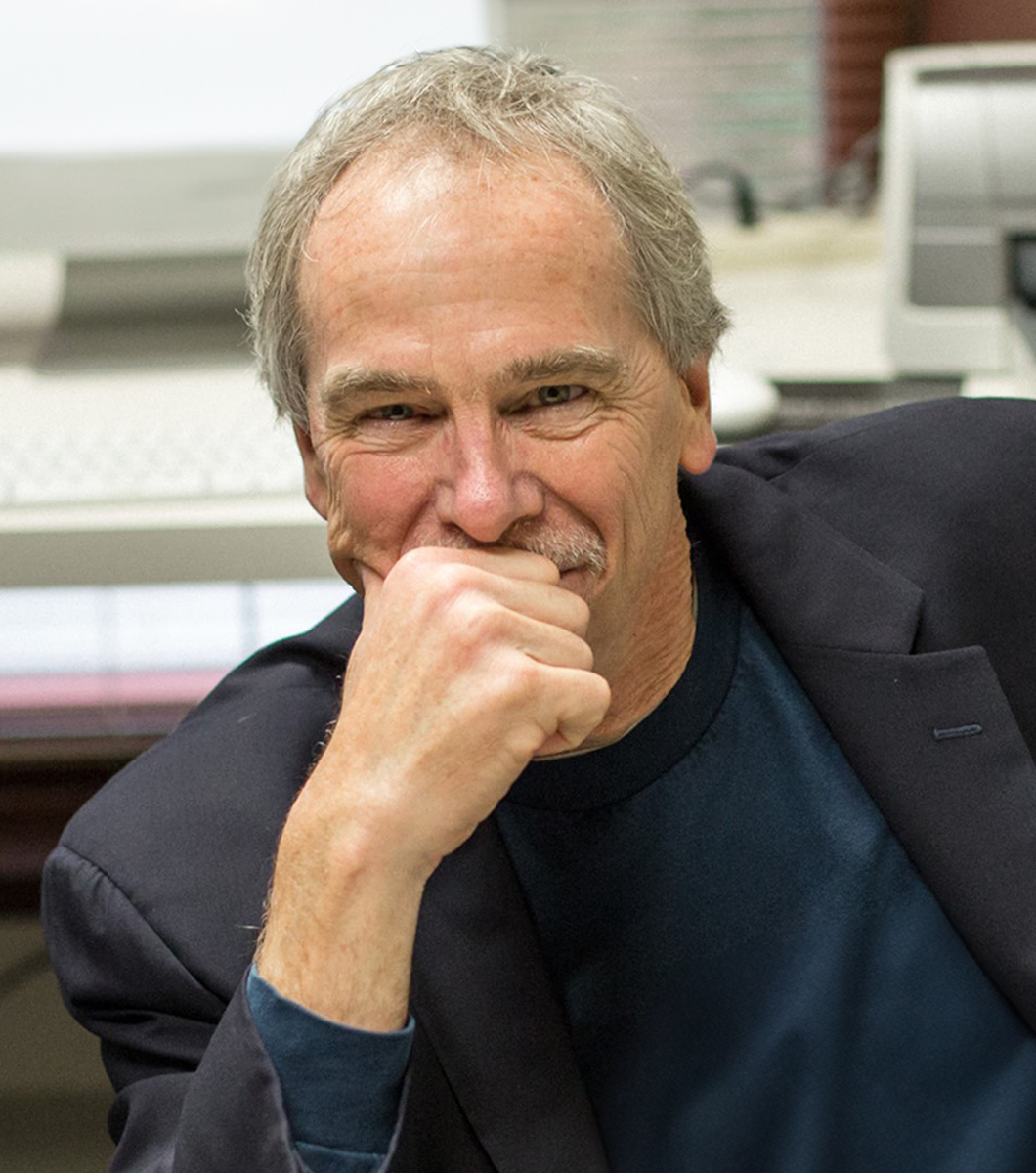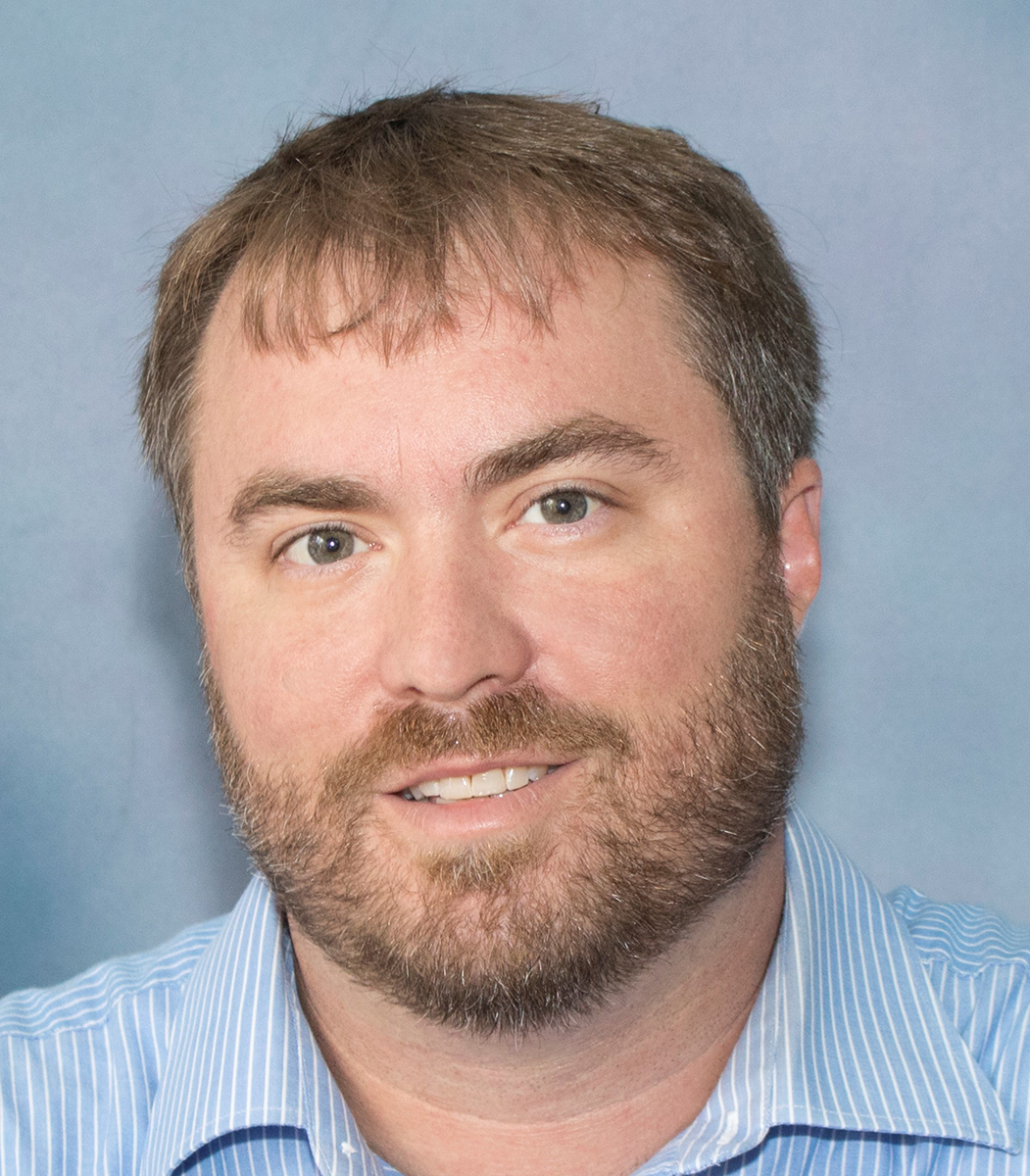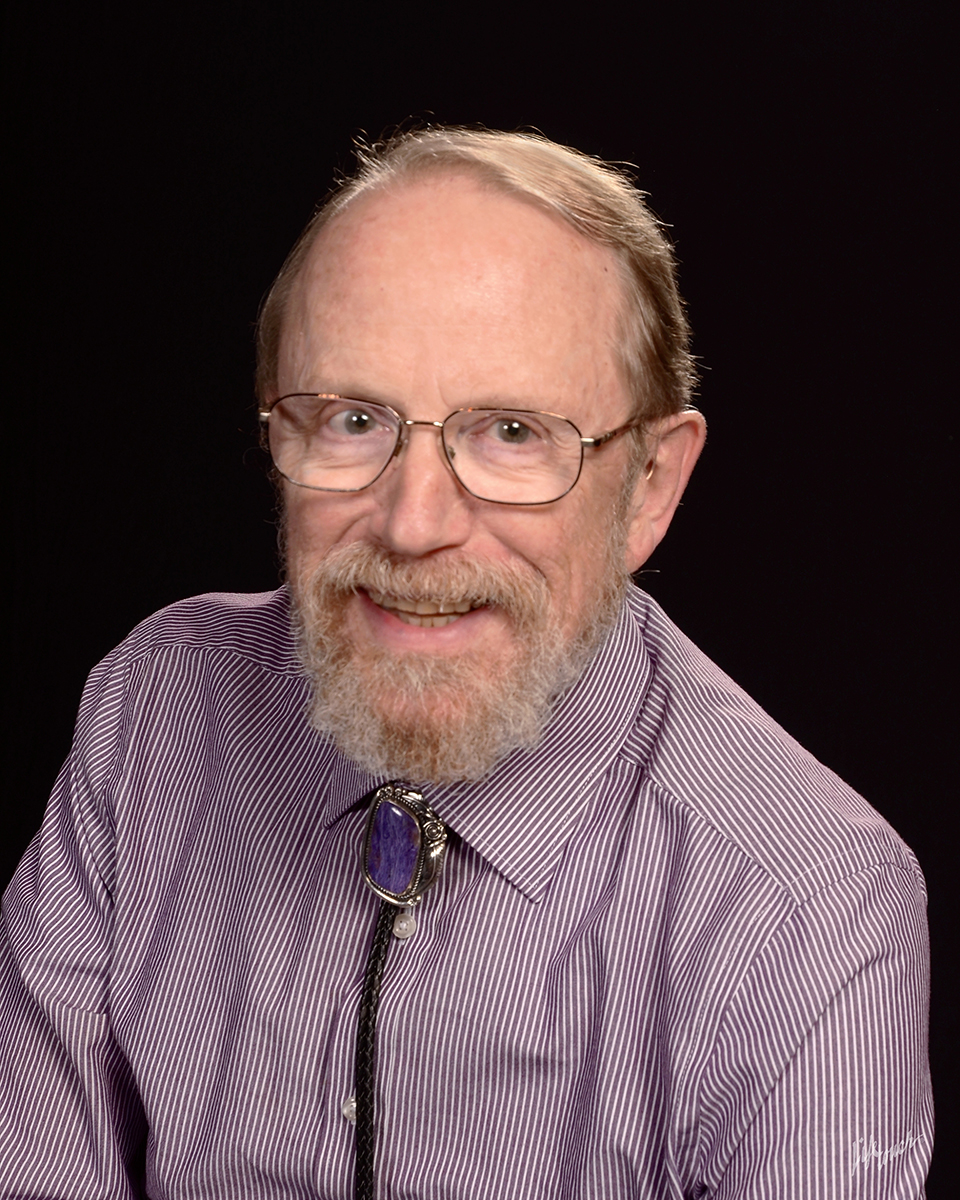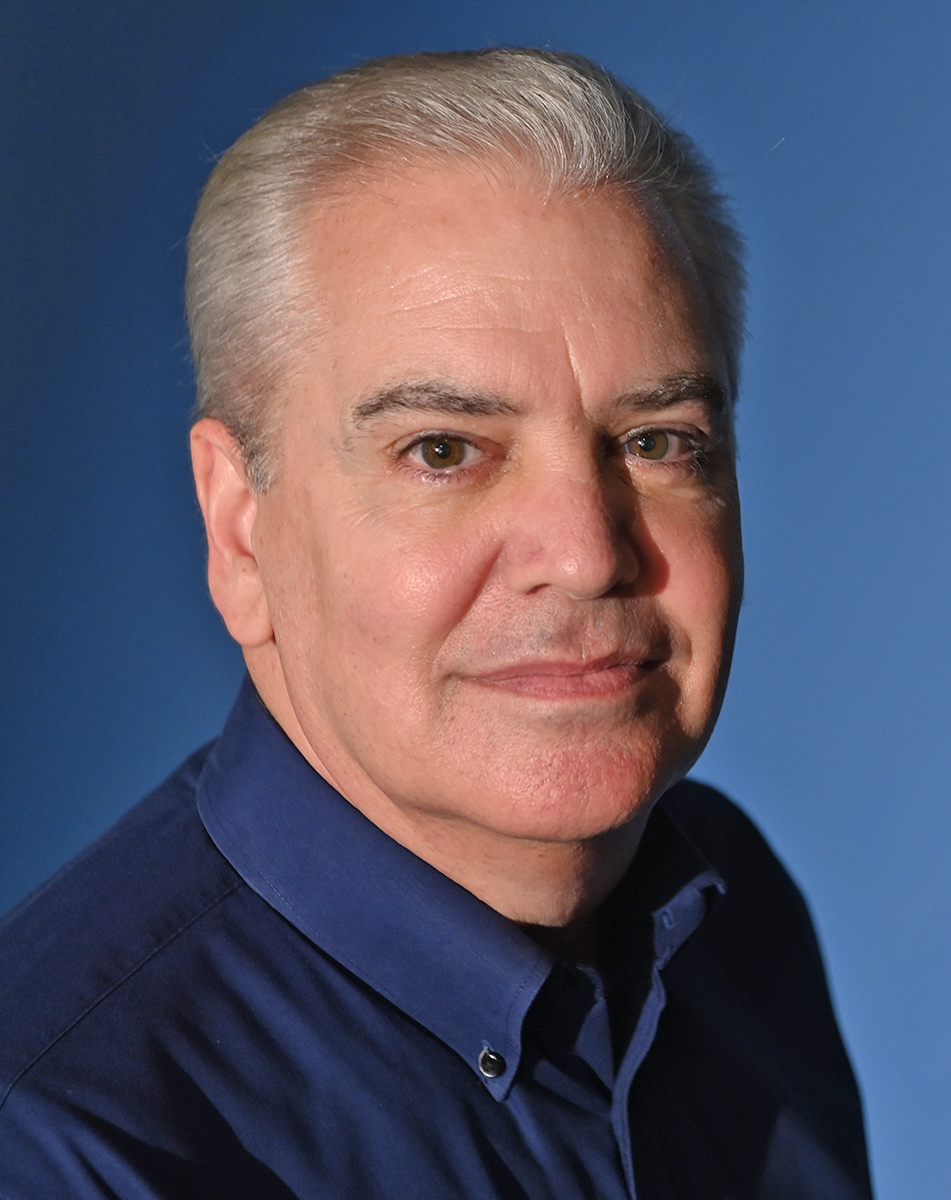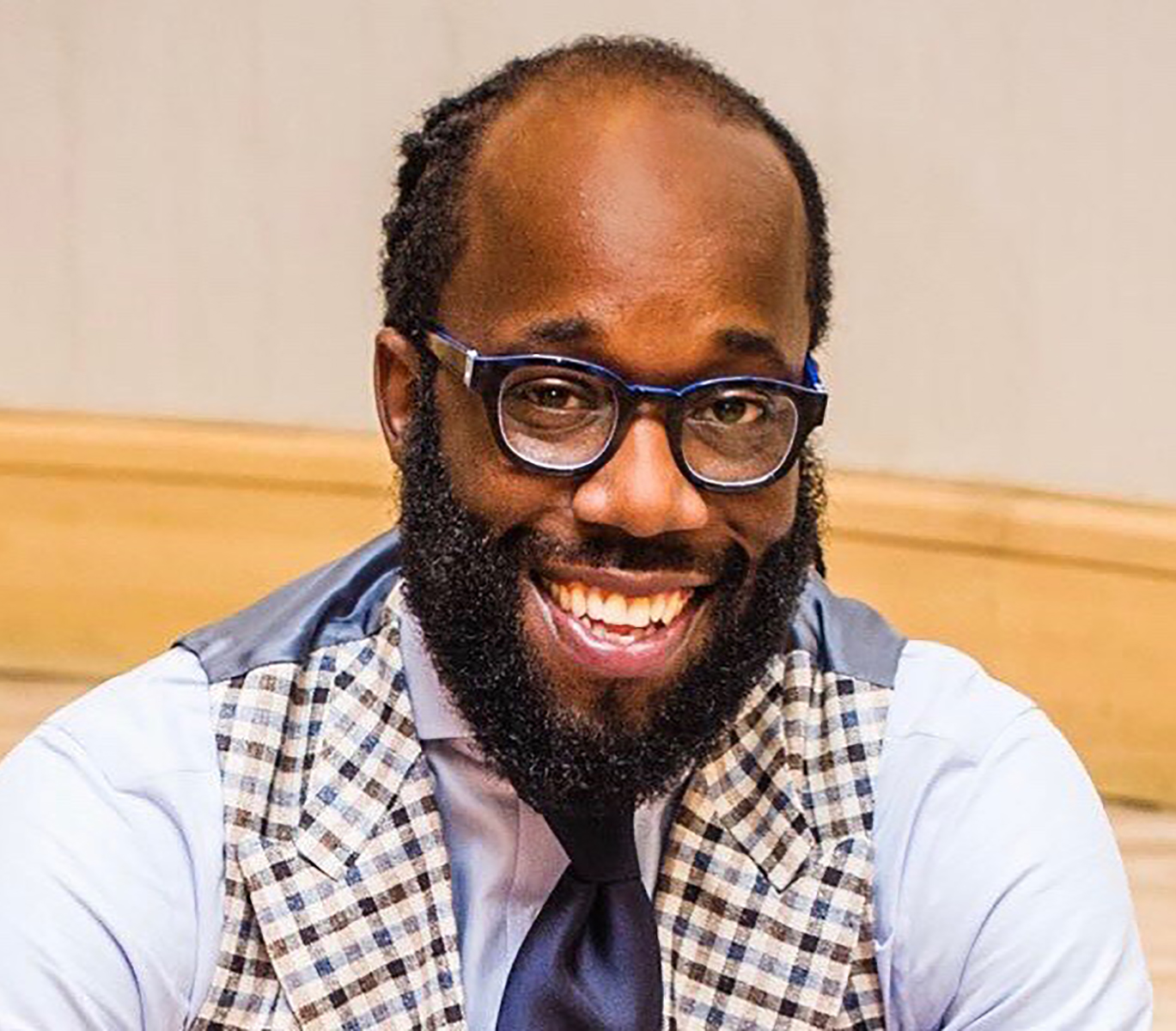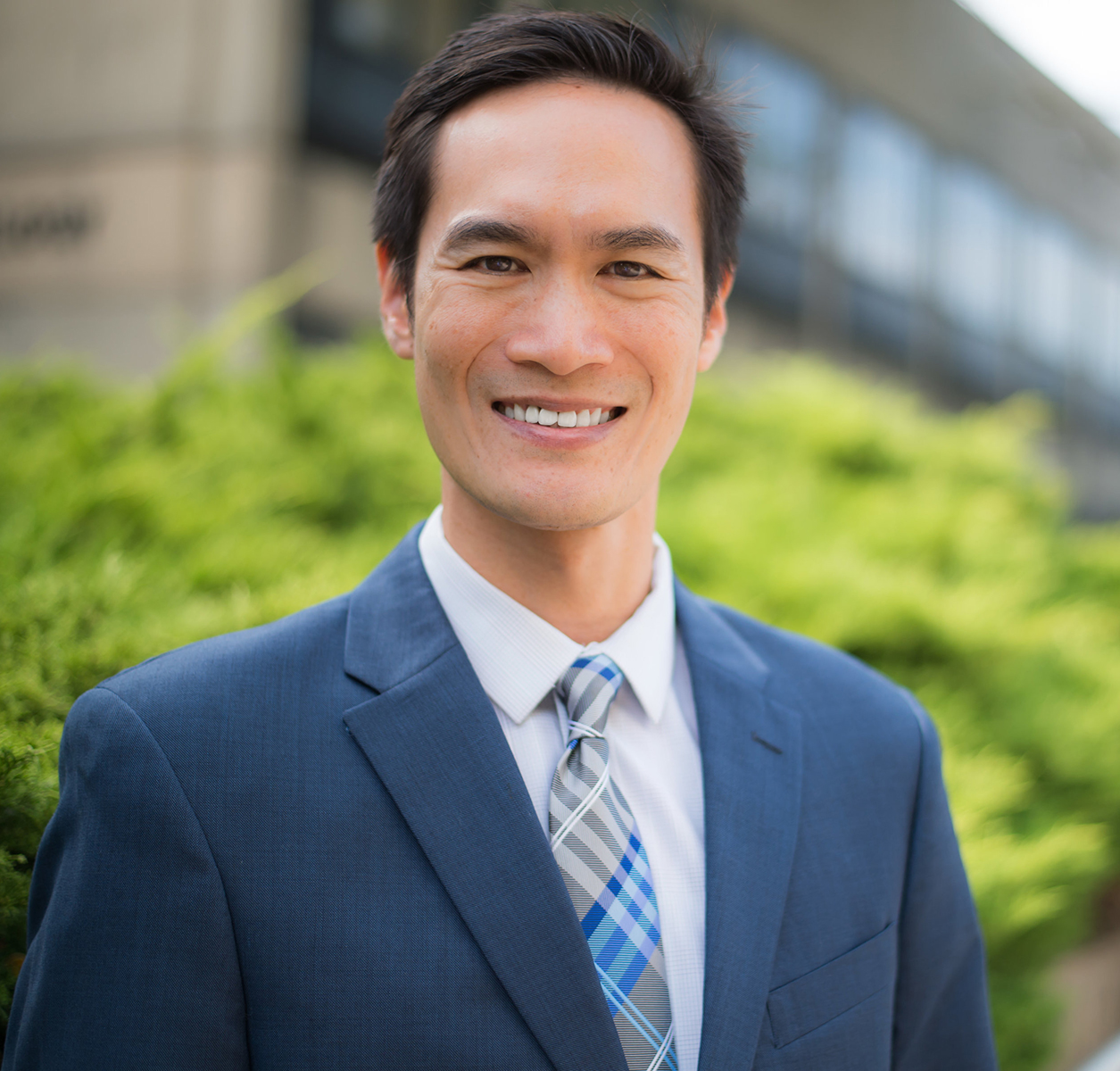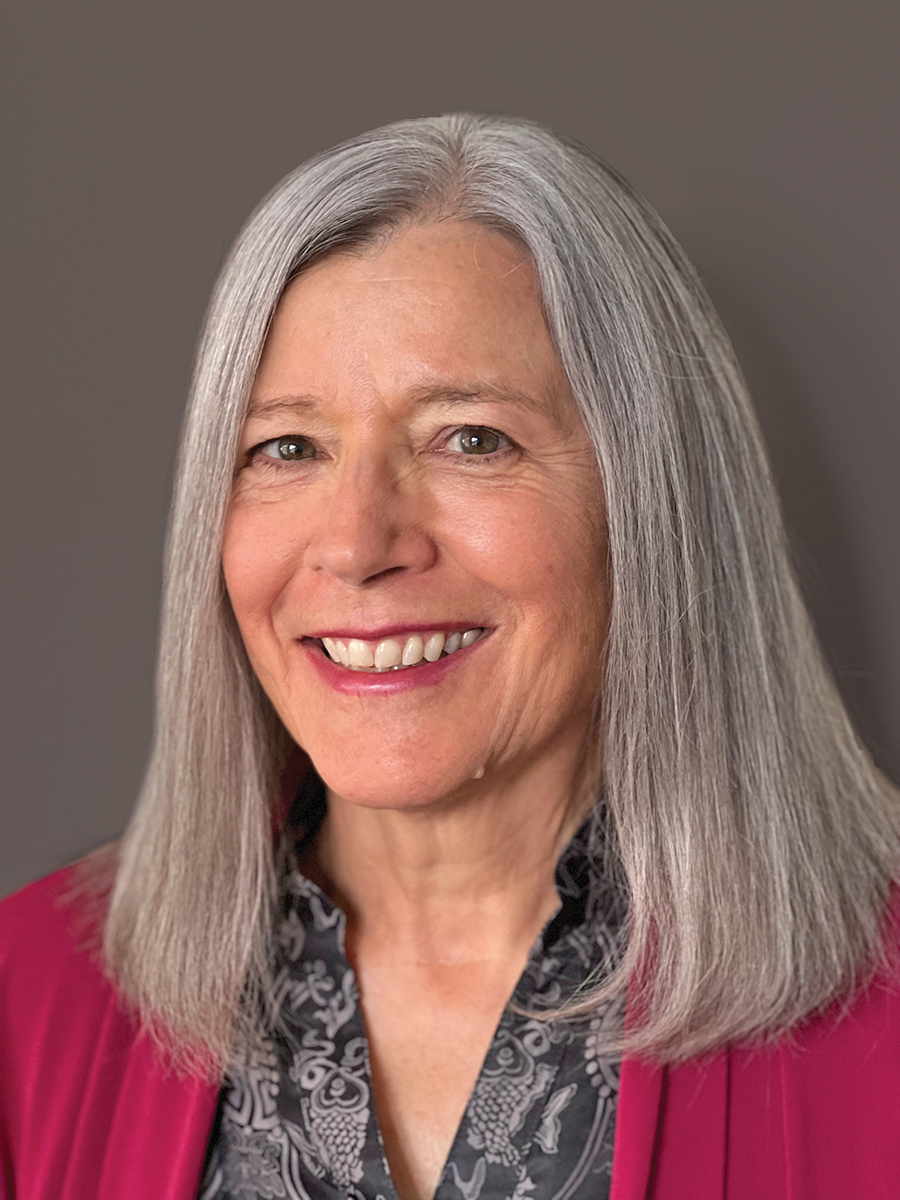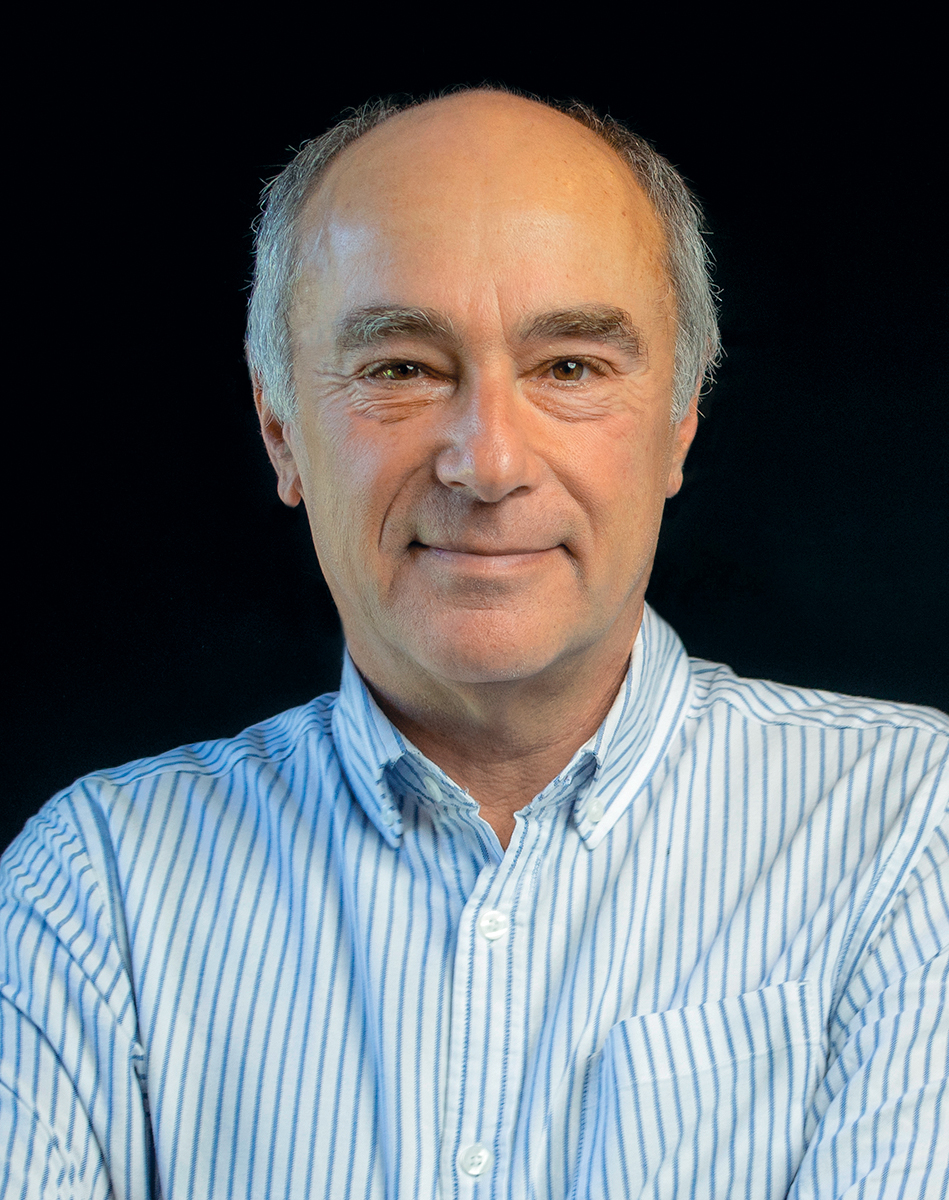Co-author of The Complete Family Guide to Addiction
Q&A with the Author
- What made you decide to write this book?
- What was the hardest part of writing it, and what was the easiest?
- What is one important lesson or message you hope readers take away from the book?
- Are there any other books that greatly influenced your writing process and/or your research?
- What led you to your specific area of study (the subject of your book)?
- Tell us one fascinating thing about the topic.
- Are there any common misconceptions about the topic?
- What advances do you hope we will see in the next 10 years?
- What made you decide to go into the field of Education?
- When you are not working, what do you do for fun?
- What is your all-time favorite book?
- Is there a project that you are excited to work on next? (A presentation, a workshop, writing another book, etc.)
Tell us more about your latest book!
What made you decide to write this book?
First, let me say that I co-wrote this edition of The Complete Family Guide to Addiction with Hilary Connery, MD, PhD. She has provided her ideas and reflections to this Q&A as well.
A few years ago, a close friend of mine developed a problem with addiction. I became involved in the process of getting help, and I saw firsthand what the experience did to the family. At the time, I thought, "There must be a book I can read that will explain to me what's going on and exactly what I need to do" – but I never found one that answered my burning questions. That's when I realized that there was an enormous need for a book like The Complete Family Guide to Addiction, and I decided to write it.
Hilary Connery: When Tom sent me the first version of this book, I was so impressed with the way his vision, clear writing, organization, and presentation really served the needs of families coping with addiction. I was determined to help him distribute it as broadly as possible, and that's why we reached out to Guilford Press. Editor Kitty Moore agreed, and invited us to expand and fine-tune the book into this comprehensive version. It has been my privilege to support Tom with this project!
What was the hardest part of writing it, and what was the easiest?
TH: The hardest part was my personal experience with a close friend – seeing someone I cared about go through a harrowing experience and feeling like I didn't know how to help. The easiest part was the extensive research and many interviews involved in the writing. Not because they were effortless – they were a tremendous amount of work – but because I finally began to realize that I could turn my own personal tragedy into a guidebook that would help make the problem easier to deal with for other families and friends who were facing the same experience. And that was very gratifying.
HC: We struggled a lot with language. In medicine, "substance use disorder" is a non-stigmatizing term for the biopsychosocial and behavioral syndrome of "addiction." Yet the average person does not refer to "substance use disorder;" they use terms like "addiction" and "addict," which can feel judgmental and negative. We ended up using colloquial terms (like addiction and addict) in the book because we felt they best reflect the current dialogue, but we acknowledged that they are problematic, and that we need to find better alternatives.
The easiest part of this effort was working with Tom and the editorial staff at Guilford, all of whom were fantastic collaborators and dedicated to the book's mission to serve families.
What is one important lesson or message you hope readers take away from the book?
TH: Virtually everything about dealing with addiction successfully is counter-intuitive. The addict's brain has been hijacked and it isn't working the way it's supposed to. As a result, almost all the approaches that people naturally assume will help don't, and in fact they often make things worse. And the things that do help usually seem at first blush like they make no sense. But this is actually good news, because it means that there are things you can do for a loved one that will dramatically increase the chances of the person getting better. Understanding the counter-intuitive nature of the disease is extremely important, though – because most of the time, family members work very hard at trying to help and get very little in the way of results.
HC: Families seeking support, options, and clearer answers deserve to have these readily available. The inclusion of families in the treatment of substance use and mental health disorders cannot be considered an "adjunct" to care, it is an essential core component of effective, evidence-based treatment.
Are there any other books that greatly influenced your writing process and/or your research?
TH: This will sound funny, but one of the books I kept in mind was What to Expect When You're Expecting. The topic of that book (pregnancy) is obviously completely different, but the book takes a complex physiological process that most people don't think about all that often and demystifies it for readers who suddenly have a need to understand it. It presents complex medical data in ways that non-experts can understand and provides practical, reassuring answers to real-world questions and problems. So, I wanted to write a book that similarly answered urgent questions and presented high-level research information in a way that people with a pressing real-world problem could understand and use in their life.
HC: I have always recommended to families Get Your Loved One Sober: Alternatives to Nagging, Pleading, and Threatening by Robert Meyers and Brenda Wolfe.
We are interested in learning more about your expertise.
What led you to your specific area of study (the subject of your book)?
TH: It began with the personal experience of a friend. But one of the things I quickly realized is that families and friends are a critical (and usually completely overlooked) component of the addiction crisis. Addiction is a family disease. Families are victims too, and they suffer greatly and need their own form of healing and recovery. But families are also the key to the solution. They're very often the first responders and front-line troops, the people who actually get addicts into treatment and support them in recovery. Empowering families is essential to solving the crisis, and that's what my book aims to do.
HC: I have been treating patients with substance use and mental health disorders for 20 years, and the needs of the families have always been important to me. Likewise, the capacity that families and loved ones have to extend treatment by participating actively in a collaborative treatment plan is invaluable for the patients as well as the providers of care.
Tell us one fascinating thing about the topic.
TH: Addiction has been around almost since the beginning of recorded history, and yet we've only started to understand it in the last 20 years or so with the advent of brain scans for research. And this information hasn't trickled down to the popular level. So, in a sense, the addiction crisis is an information problem. As a society, we're still trying to fight it with prohibition and stigma and shaming and relying on willpower and other techniques that have never worked well because they're based on a misunderstanding of the nature of the illness. The goal of our book is to close the information gap – to explain to people who are directly affected by the problem what the disease really is, and therefore why certain treatments work, what strategies actually get addicts into treatment, and the best ways to prevent relapse.
HC: In spite of the enormous frustrations and at times even betrayals experienced by families during acute illness, the vast majority of families have levels of commitment, hope for recovery, and personal endurance, as well as forgiveness and compassion, that ought to be highlighted in our society as exemplary.
Are there any common misconceptions about the topic?
TH: There are so many! It's hard to think of a popular topic that is more misunderstood. One of the most basic has to do simply with whether addiction is a disease at all. Today most people "parrot" the idea that it's a disease, but because we've done such a poor job of explaining why it's a disease and how it works, in practice most people continue to behave as though addicts are simply irresponsible people. That's why we still have a stigma, why even many doctors and nurses often don't respond to it appropriately, and why families and friends are so completely at a loss about what to do.
HC: Related to the question above, I have personally always disliked the concept of "co-dependency," although I understand how it came to be popular. The fact that people will go to great lengths to maintain an important relationship (in spite of all its turmoil and failings) ought to be commended. The parent who chooses to spare a child jail or homelessness, at the expense of "enabling" them, is not making foolish or ignorant decisions. They are doing they best they can to respond to a disastrous situation without perfect solutions. If intensive rehabilitative clinical treatments were more widely available and funded, a parent would have a more obvious answer to a terrible problem. Instead, it remains the case that sometimes the alternative is only a couch with "home rules." People need expert guidance and peer support to learn how to avoid overly protective behaviors and to make use of reasonable natural consequences that will promote a loved one's recovery. But in each individual case, and instance, this will require complex decision-making and consideration of personal values, safety issues, what one can and cannot tolerate, and what the best options are to support an individual's recovery.
What advances do you hope we will see in the next 10 years?
TH: Obviously, I'd love to see new research, new drugs, and new treatment modalities. But I'm also hoping for advances in our public policy, which right now focuses almost exclusively on law enforcement and on adding treatment programs for a brain disorder that makes people highly resistant to accepting that treatment and for which the relapse rate is probably over 50 percent. I'd like to see a public policy focused more on educating, supporting, and empowering families – because in an enormous number of cases, it's families who make all the difference in whether addicts actually accept treatment and whether they relapse once they get out.
HC: I hope that families will be fully incorporated into all substance use and mental health disorder care, in all cases. Skilled clinicians are able to protect privacy and confidentiality while also maintaining and negotiating the important family roles in recovery processes.
Now a little bit about you…
What made you decide to go into the field of Education?
TH: I spent many years working in legal journalism. Law is highly complex, and legal journalism is about translating highly complex subjects into language that people can easily understand. When I started extensively researching addiction, I realized that I could apply the same skills I had used all my life. We actually know a lot about addiction; the problem is that the information that researchers and academics know doesn’t always get translated such that family members and friends can use it to help addicts in the real world. So, I wanted to provide a useful translation that would directly help people who are suffering.
HC: It was never in question. I wanted to be a psychiatrist since middle school.
When you are not working, what do you do for fun?
TH: I spend a lot of time reading, mostly nineteenth-century novels and thoughtful contemporary nonfiction. I'm always amazed at the power of books to change the way we look at the world. I also love art museums and classical plays and music. These are all ways to carry on a conversation with the most interesting people who ever lived.
HC: When am I not working? Just kidding. The work I do is emotionally intensive and I gravitate toward peaceful leisure whenever possible. I'm the opposite of an adrenaline adventurer. Give me the garden, an empty beach, an empty chapel. I like quiet contemplation. Or laughing with family and friends. Sleep is really good, too!
What is your all-time favorite book?
TH: Probably Anna Karenina. Not a book about addiction, certainly, but Tolstoy had tremendous psychological insight, and particularly insight into people with psychological issues and the ripple effect these issues have on families and friends and society. He was a brilliant social psychologist way ahead of his time.
HC: That's a tough one, because I've loved so many. Right now, maybe C.S. Lewis' The Problem of Pain.
Is there a project that you are excited to work on next? (A presentation, a workshop, writing another book, etc.)
TH: Right now, I'm working on a book about dementia. My mother passed away last year after a long bout with the disease. As her sole caregiver I learned a tremendous amount about what to do and what not to do, and I am now immersed in research about the problem. I'd like to write a similar guidebook for families as to how to cope with a mysterious and devastating illness. And it would be my way of honoring her memory.
HC: I am involved in several projects aimed at reducing suicide and substance poisoning deaths. This means working with teams of colleagues to better understand what is happening in the current culture that seems to have us careening so off-course with these two epidemics. I am working to finding ways we can serve public prevention needs instead of simply "putting out fires" or grieving all the time.
See all titles by and read more about Thomas F. Harrison on his author page!
